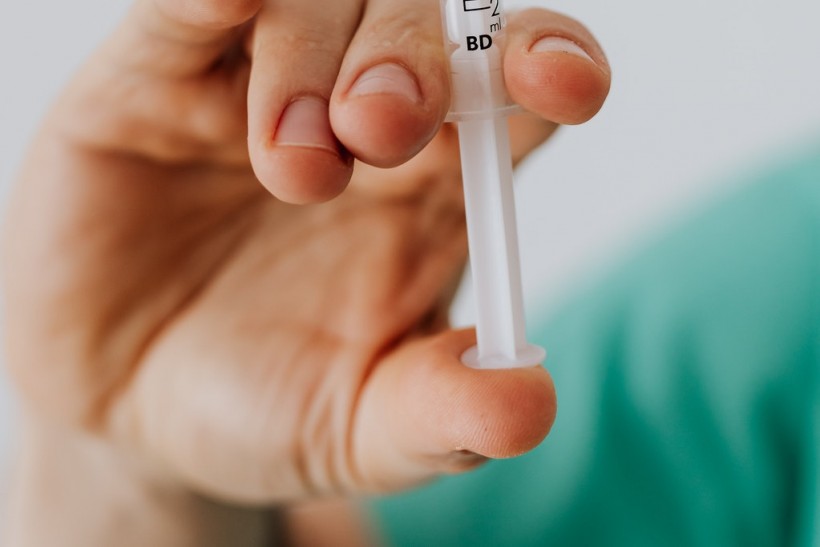On Wednesday, Mar. 24, the Federal Trade Commission received several reports from people who allegedly obtained a suspicious survey about the COVID-19 vaccine. It turns out that the survey is a form of scam to rob people for their important personal details like password, email, and even bank account.
The scenario starts with the recipients instructed to answer the COVID-19 vaccine survey for a limited time only. Some vaccines involved are the Moderna, AstraZeneca, and Pfizer anti-coronavirus shots.
The FTC also believes that the bogus COVID-19 questionnaire could also include Johnson & Johnson vaccine.
What attracts the people to fill out the survey is the free prize they will "allegedly" receive after completing the form.The scammers will later say that they also shoulder the shipping fee for the prize.
FTC Issues a Warning to Those Who Received the Fake Survey in Their Emails and Phones

According to a report by CNET, FTC'S Division of Consumer and Business Education representative Colleen Tressler said that at the moment, there are no eligible surveys that will request bank account information from the people in exchange for a freebie.
Furthermore, the FTC reminded the public that if they receive a survey and they do not know its origin or where it is from, be aware that it could be a way for the scammers to get information without directly asking the person.
On the official page of FTC, the individuals who saw any attachments or links that suddenly appeared on their devices should refrain from clicking any of them as the links could be dangerous.
Since it is a cyberattack, malware could be installed in your device or placed in your email to steal some sensitive information without realizing the extent of the incident.
Moreover, FTC added that those who received the bogus survey should not attempt to contact the suspicious sender through phone calls and email replies. If the user wants to contact the sender of the survey, remember to search for its contact number first online. If you have not found any numbers, most likely that it is a scam.
Read Also: Pfizer vs Moderna: Comparing Two COVID-19 Vaccines from Side Effects to Storage Requirements
FTC's Reminders to All Concerned Citizens
The FTC stated that you should not reveal any information, especially your details to an unknown sender who sent you the message. Never tell them your credit card information, location, and other sensitive data.
Also, you can immediately get rid of dubious messages on your devices by filtering them. You can download an app that blocks the contact number of the scammer. You can also call a trusted person to filter the messages so you cannot see them anymore.
Remember that if an email requires you to divulge your personal details and think that it is bogus, the FTC said you should direct your concern to its Report Section through ReportFraud.ftc.gov.
Always stay alert in your surroundings. Having a pandemic is not an excuse for others to scam other people.
Related Article: Philadelphia Vaccine Scandal: Philly Fighting COVID Is a Tale of Inexperienced Startup Company
This article is owned by Tech Times.
Written by Joen Coronel








